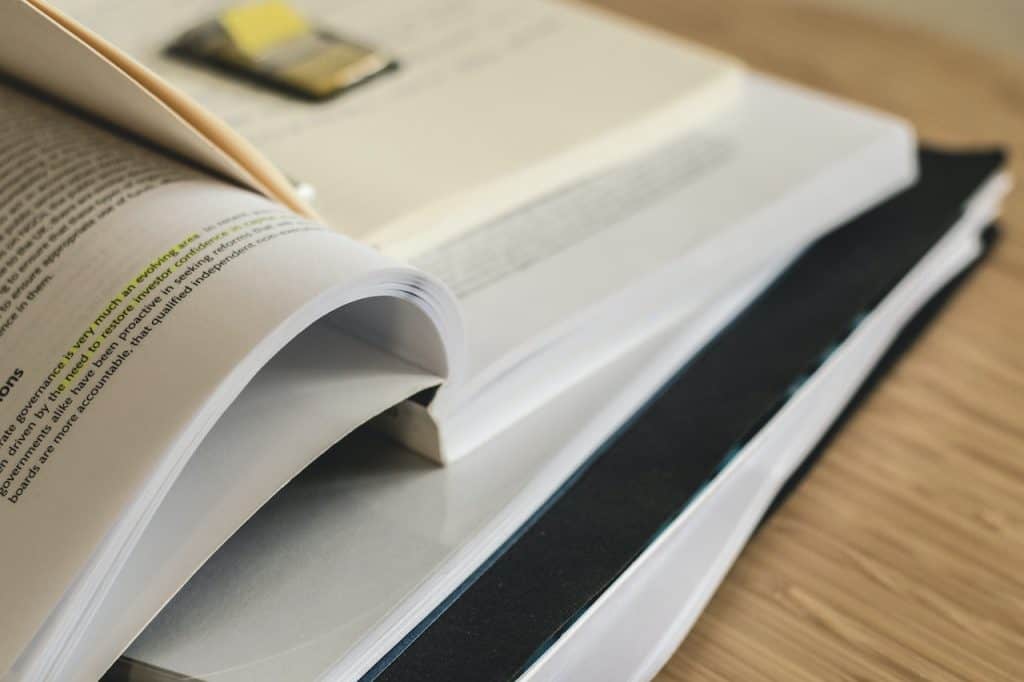Parent-teacher interviews are sometimes tricky to navigate, and it can be hard to know how to make the most out of the short sessions that you get!
This article will explain why parent-teacher interviews are important and the benefits you can get from them, and will guide you through some questions you can ask to get the most from your child’s teacher.
It’ll also give you some during and post-interview tips and tricks, to help you make the most out of your interview experience.
Keep reading for our guide on making the most out of parent-teacher interviews!
What are parent-teacher interviews?
What are the benefits of attending parent-teacher interviews?
Questions You Should Ask at Parent-Teacher Interviews
What are parent-teacher interviews?
Parent-teacher interviews are short sessions that you have with your child’s teacher to discuss your child’s development and progress in class, as well as any other observations they might have regarding your child.
Basically, these sessions give teachers an opportunity to give you a rundown of:
- Your child’s grades and academic progress;
- Their strengths;
- Their interactions with classmates and behaviour in a classroom setting; and
- Any concerns, or areas that need work.
It’s important to remember that these interviews are a two-way street! Where possible, it’s encouraged that both parents, as well as the child, attend interviews.
This way, you can also share any concerns and observations that you have, opening up a dialogue with the teacher, and letting them know of anything that they should look out for.
What are the benefits of attending parent-teacher interviews?
There are several benefits of attending parent-teacher interviews!
Firstly, it breaks down the barriers between parents and teachers; you’ll be able to meet them in a one-on-one context and engage with them in a more meaningful way. In doing so, you can also build a relationship with your child’s school, allowing you to get yourself more involved in parent activities.
Furthermore, because you don’t get to see your child at school, it’s a great opportunity to get an update on your child’s learning, development, and behaviour. These sessions also give you a chance to better understand the curriculum, what your child will be learning over the year, the materials and activities they’ll engage with, and how the year is building on previous education.
Finally, it’ll allow your teacher to better understand your child, especially if they are also in the interview with you, and will allow them to tailor their teaching or strategies to your child as well. This will make their experience at school more engaging, and make sure that they have a good time as well!
You may find that teachers identify areas of improvement for your child to practise with outside of the classroom so that they can progress with certain skills. If you’re looking for resources, check out our Downloadable Year 1 Reading Comprehension Worksheets!
What questions should you ask at parent-teacher interviews?
Because interviews are quite short, it’s a good idea to go into the sessions with a list of questions that target your concerns or curiosities. Some questions suggested by the NSW Department of Education are:
- What are the students working on now? What kinds of things will the class be doing over the next few weeks?
- Does my child ask questions, and participate in class discussions and other activities?
- What activities does my child seem to enjoy the most?
- Is my child’s progress satisfactory? How is my child progressing in comparison to others in the year?
- How is my child fitting in with other children? Who are my child’s friends?
- Is there anything about my child’s needs that I should know?
- Can you tell me the best time and way to contact you if I have a query or concern?
- Do you have any suggestions for how I can help my child at home?
Other questions that we think are important to ask include:
- How much homework should my child be doing every night?
- Have you noticed any social or learning problems that we can help mitigate? Does my child need special learning support?
- What support services are available for my child at this school?
In senior years (Years 10-12), it’s also a good idea to ask teachers specific questions regarding your child’s future goals and any tips that they might have for your child. Some areas that you could inquire into include:
- Which subjects might be beneficial to support your child’s university aspirations.
- Where your child is struggling in a subject, if it would be better to keep it or drop it.
- Alternatively, you could ask if there is anything – for instance, extra help from the teacher, or attending tutoring classes — that would boost your child’s progress in a particular subject.
Where your child is unsure of what they want to do in university, teachers might also have some suggestions, based on their observations of your child’s interests and strengths.
Other Tips and Tricks
Here’s some other tips and tricks that you can use to get the most out of interviews, both during and after!
During the interview
#1: Go in with the right attitude
Parent-teacher interviews can be confronting, but it’s important to remember that both you and the teachers want what’s best for your child. Maintaining an open and friendly approach is extremely important, and will help to alleviate any stress and ensure a positive experience for everyone.
While it is perfectly okay to be direct, it’s still important that you give the teacher the chance to explain the situation and to clarify any miscommunications if you are upset about something.
On the flip side, don’t be shy to raise any misgivings you might have — all of you are there to make sure that your child has the best experience possible.
#2: Take notes and manage your time well
During the interview, make sure that you listen attentively and let the teacher finish before you ask questions. It’s also an excellent idea to take notes on what you and the teacher discuss, especially if you have a lot to talk about.
While you don’t want to be rushing through your appointment, it’s a good idea to make sure that you’re efficient and prioritise your questions, covering the most pressing issues. If you still have questions or concerns, make sure that you set up a subsequent meeting with the teachers too.
#3: Make a plan of action
Where your child seems to be struggling in particular areas with their learning, development, or behaviour, agree on a plan of action with the teacher. This can include learning strategies both at home and school, strategies for helping your child socialise, and things to help with managing behaviour.
These things will help you to manage any issues that arise during the interview, and keep up a dialogue with the teacher post-interview as well.
#4: Make a solid plan of communication
Parent-teacher interviews are not the only time that you can talk to your child’s teacher. It’s always a good idea to maintain regular contact, but be aware that school hours may not be the ideal time to stop by for a chat.
Instead, exchange contact details. This way, you can either maintain email/telephone contact, which works quite well for some people, or arrange regular face-to-face appointments.
After the interview
#1: Get to know your child’s year adviser
In high school, the year adviser is a great point of contact for general enquiries not related to one particular subject area. For instance, you could have questions about strategies for learning and keeping on top of work, how to better help your child adapt to problems at school, or their post-graduation options.
While year advisers can keep track of your child’s academic progress, they also try to get to know the grade they’re assigned to on a more personal level. Because of this, they’re definitely a good person to raise any questions or concerns with, and can similarly keep you updated on your child’s progress.
#2: Consider involving other people
Sometimes, there’s problems that can’t be solved between you and your child’s teachers/year adviser. If there’s a persistent issue, or a plan of action doesn’t satisfy you, get in touch with head teachers, deputies, or the principal.
Again, remember that while this might be daunting, everyone is there to help you and your child get the best experience at school, and it’s a good idea to get that extra help where it’s needed.
And that’s all from us! Good luck to you and your little rockstar for the school year, and beyond!
On the hunt for other educational resources for parents?
Check out some of our other articles below:
- Why You Should Let Your Child Go to Social Events During the HSC
- Maintaining a Healthy Lifestyle During the HSC
- How to Help Your Child Deal With School Stress and Anxiety Throughout the HSC
- The Essential Guide to Healthy Gaming for Kids
- Reducing Screen Time During Study Hours
- What is the HSC? A Parent Explainer of Bands, ATARs and More!
Looking for some extra help for your child?
We have an incredible team of tutors and mentors!
We offer tutoring and mentoring for students in Years K-12 in a variety of subjects, with personalised lessons conducted one-on-one in your home or at one of our state of the art campuses in Hornsby or the Hills!
We’ve supported over 8,000 students over the last 11 years, and on average our students score mark improvements of over 20%!
To find out more and get started with an inspirational tutor and mentor, get in touch today or give us a ring on 1300 267 888!
Rujuta Banhatti is currently a third year Law/International Studies student at UNSW. As a Content Writer at Art of Smart, she is super keen to be able to write (read: academically rant) about texts that she’s absolutely loved, both at school and in general.






